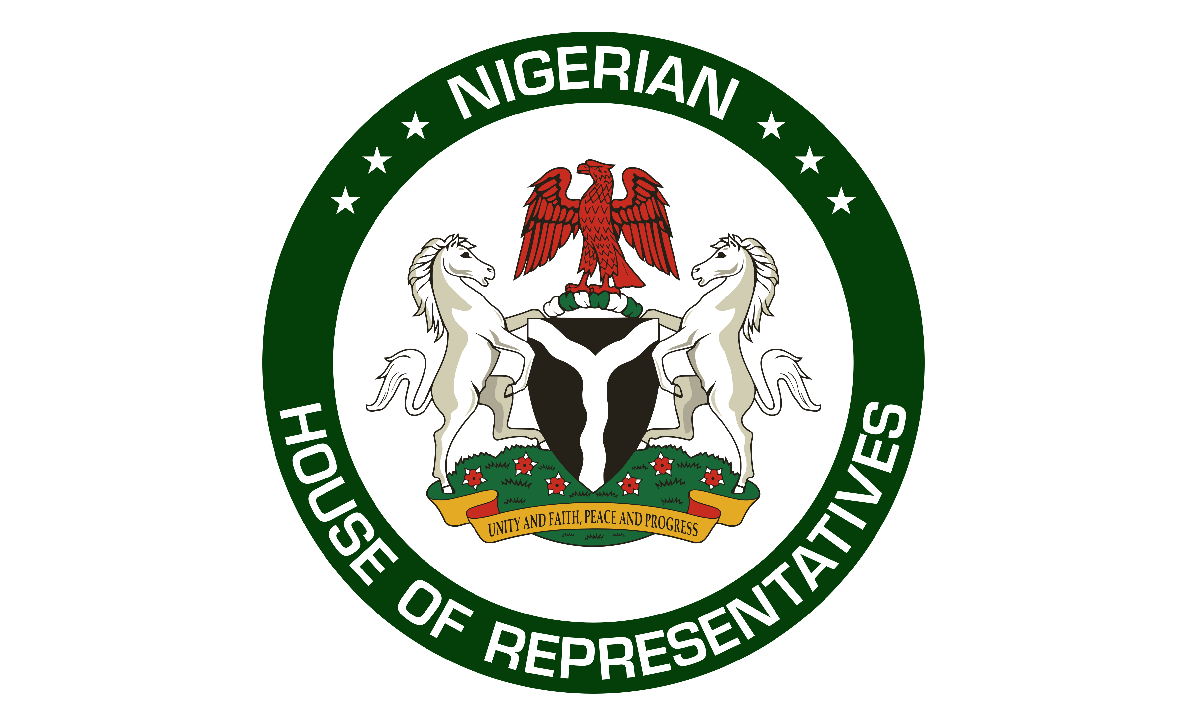Before establishing more health facilities
Bills for the establishment of 74 new federal health facilities are at various stages of enactment at the National Assembly. Of the 74 bills, 29 are being considered in the Senate and 45 in the House of Representatives. The bills in the Senate include 19 new federal medical centres (FMCs), four orthopaedic hospitals, three teaching […]

The House of Representatives
Bills for the establishment of 74 new federal health facilities are at various stages of enactment at the National Assembly. Of the 74 bills, 29 are being considered in the Senate and 45 in the House of Representatives.
The bills in the Senate include 19 new federal medical centres (FMCs), four orthopaedic hospitals, three teaching hospitals and one paediatric centre, dermatology hospital and nephrology centre each.
In the House of Representatives, the bills seek to establish 36 FMCs, two teaching hospitals, three neuro-psychiatric hospitals, three eye centres and one ear care centre.
Currently, the Federal Ministry of Health has 21 federal university teaching hospitals, 21 federal medical centres, eight federal neuro-psychiatric hospitals, three orthopaedic hospitals, one eye centre and one ear care centre. What is perplexing is that each of these existing institutions is faced with poor funding, inadequate staffing and other deprecating issues.
It must be noted here that these bills are coming at a time the Federal Ministry of Health, which is supposed to run the new ones, is getting meagre budgetary allocation, which is far below the African Union (AU) standard for the health sector.
The AU’s 2001 ‘Abuja Declaration’ mandates member states to allocate at least 15 per cent of the national budget to the health sector. But Nigeria’s health allocations have been between 4 and 7 per cent of its total budget, while Rwanda, Swaziland, Ethiopia, Malawi, the Central African Republic, Zambia, Burkina Faso and Togo have since kept to the promise of the ‘Abuja Declaration’ on healthcare funding.
Ordinarily, the calls for new FMCs and other health facilities are appealing and people-oriented and ought to be encouraged, but this is not the right time for such in a country that is battling with ill-equipped, ill-funded and ill-manned hospitals and decaying infrastructure. Not to mention the constant strikes embarked upon by people who work in the health sector due to poor welfare; as a result of which many citizens have died from treatable ailments. Therefore, if anything, what is needed right now is how to boost the human resources and improve the infrastructure of the existing ones. The lawmakers should dissipate more energy on ensuring adequate funding for the existing ones before asking for new facilities to be created. This move is tantamount to putting the cart before the horse. If nothing is done to improve the situation of the existing facilities, there is every tendency that the additional centres will suffer the same fate and Nigerians will not get any value for it.
Furthermore, it is worthy of note that this 9th Assembly is in its final lap. In a polity where there is no continuity in governance, what is the guarantee that if the law is passed for the establishment of the medical facilities, the government coming in 2023 would implement it?
It would be recalled that in the last years of the government of former President Olusegun Obasanjo, it touted such an initiative with the VAMED Group which started the building of specialised hospitals in each of the nation’s 774 local government areas. And to ensure that the funding was not tampered with, it was deducted monthly and directly as a percentage from the federation account holdings of federal, states and LGAs. The governors kicked against it, and it was cancelled barely a few months after late President Umaru Musa Yar’adua assumed office. The projects are still lying in ruins. What is the guarantee that this would not be another wild goose chase?
It is important that this issue is not given a political treatment or used to score political points as lawmakers are indeed jostling to have the facilities cited either in their senatorial zones or local government areas. The consideration for these facilities should go beyond politics.
In view of that, we recommend that efforts should be made to put all existing healthcare centres in good condition and after that is done, if the lawmakers or those that will succeed them at the National Assembly still deem it fit to represent these bills, they can do so. The priority now should be on quality of health care facilities not quantity.
